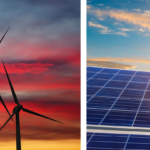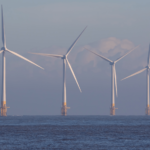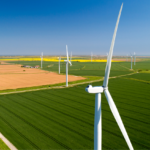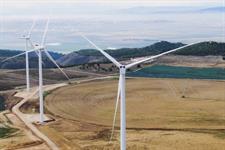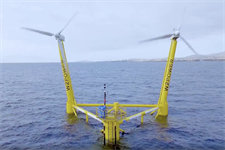Global Wind Energy Council: Five ways to solve the energy crisis with wind
Energy Disrupter

The industry body believes that wind energy can alleviate global energy crises because it can be rapidly scaled up to offer solutions to power price volatility, energy insecurity and fossil fuel dependency.
By contrast, prolonged dependency on fossil fuels can have detrimental social, environmental and national security impacts, GWEC argued.
In its action plan, it called for governments to:
- Urgently streamline permitting to produce a huge increase in wind capacity in the next one to three years and build a net zero-compatible project pipeline;
- Implement a plan to get large volumes of renewable energy connected to the grid;
- Introduce simplified mechanisms for clean power procurement and pricing to rapidly unlock investment;
- Avoid locking in large-scale fossil fuel-based power generation;
- And commit to firm energy transition plans and milestones to allow the renewables industry to plan for healthy supply chain development.
Publication of its plan comes as the world faces several energy and climate crises that GWEC argues are symptomatic of a “disorderly, volatile energy transition”.
Heatwaves are causing thousands of deaths in Spain and Portugal, drought and wildfires have hit France, Italy, Greece, Croatia, Turkey and Morocco this year, historic high temperatures are being recorded or have been recorded in the UK, the US, and China, while India has experienced a deadly heatwave in recent months.
GWEC CEO Ben Backwell said: “The world is facing twin crises of energy security and affordability on the one hand and the threat of accelerating global heating on the other.
“It needs to make a decisive shift away from fossil fuels, rather than prolonging reliance on them.
“The solution must be led by renewables, which can deliver clean and reliable electricity to citizens and businesses using the limitless, indigenous resources of the wind and the sun. Rapidly scaling wind energy can also provide enormous societal benefits, from additional jobs to inward investment to cleaner air and greater water security.”


